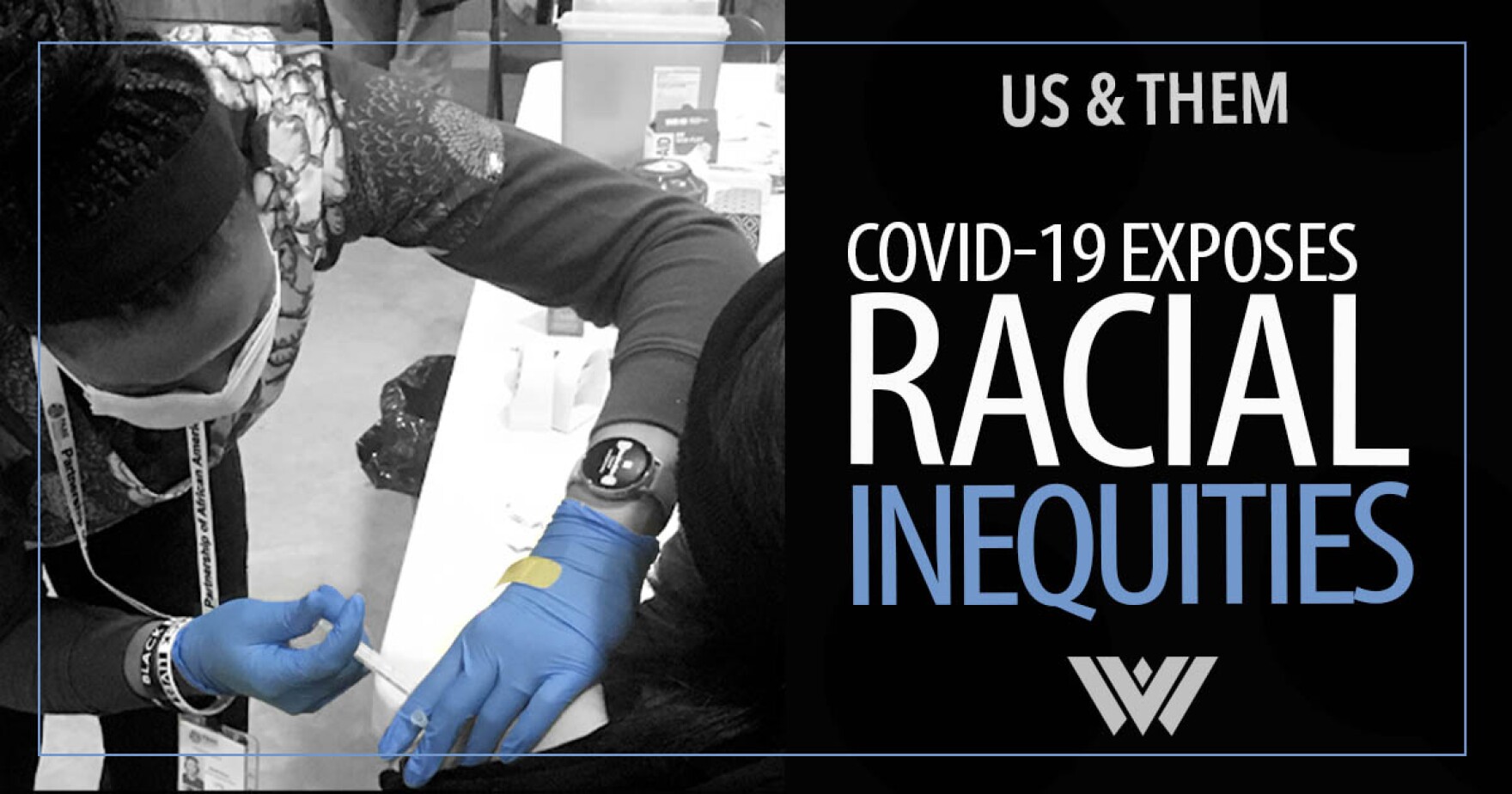Fifty years ago, a band of Black musicians stood up to racism and now they’ve been honored for that action.
Bass player John Smith is the surviving member of “The In Crowd,” a Charleston, West Virginia band that played popular tunes in the 1960s. One night at the Charleston Athletic Club, a multi-racial couple was refused service and the band took a stand.
Smith says, “If they couldn’t dance, we wouldn’t play.”
There were consequences for that action, but now, finally, Smith and his deceased colleagues have been honored for the role they played to push back against racial discrimination.
For this episode, host Trey Kay talks with John Smith at the West Virginia Music Hall of Fame. They sat in on a practice session of the Charleston-based band The Carpenter Ants. Practice gave way to conversation as musicians from different generations talked about their experiences past and present. They reflect on a golden era of the local music scene and the unity AND division they’ve all experienced.
This episode of Us & Them is presented with support from the West Virginia Humanities Council and the CRC Foundation.
Subscribe to Us & Them on Apple Podcasts, NPR One, RadioPublic, Spotify, Stitcher and beyond. You also can listen to Us & Them on WVPB Radio — tune in on the fourth Thursday of every month at 8 p.m., with an encore presentation on the following Saturday at 3 p.m.
